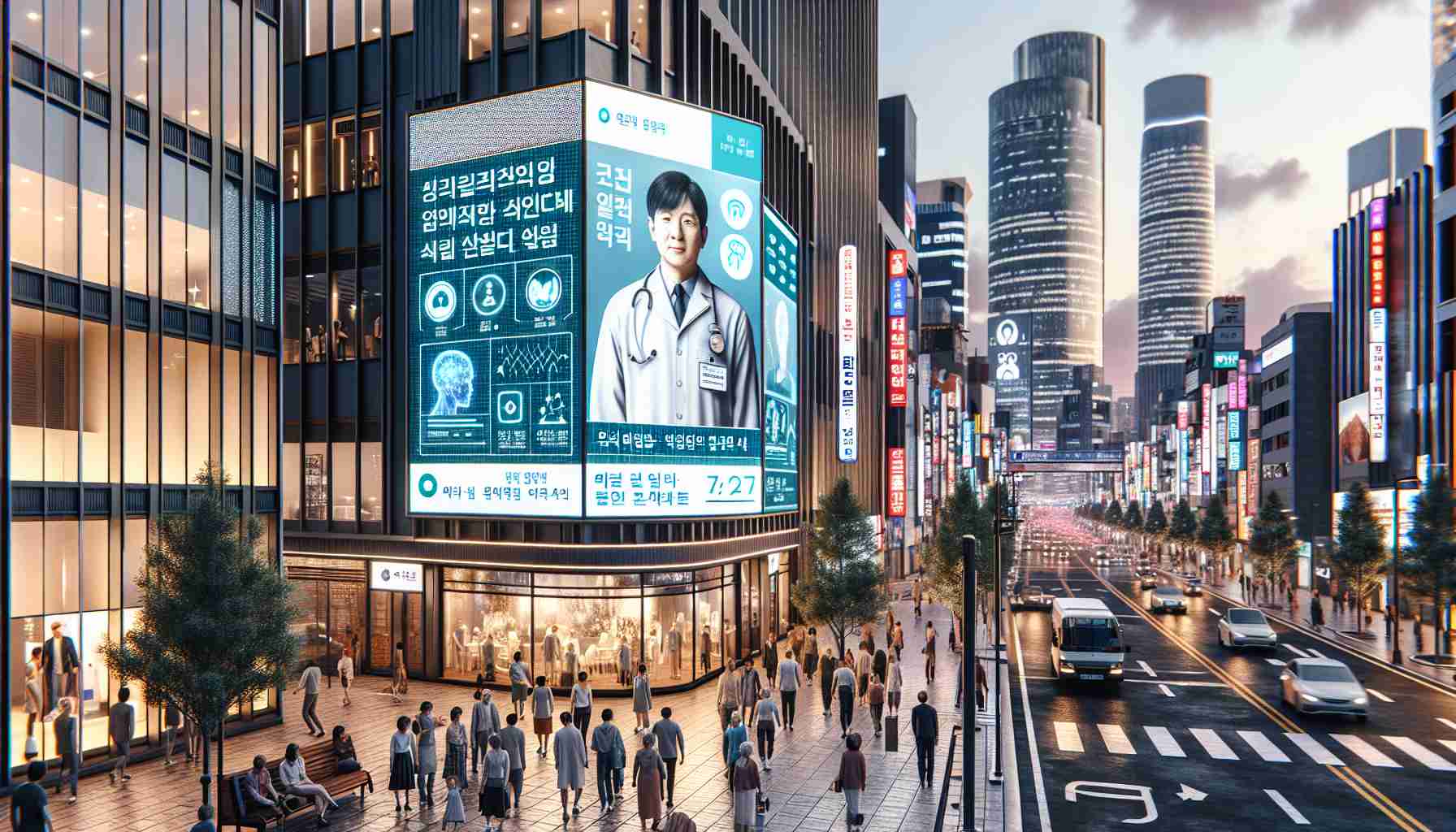Pyeongtaek City introduces an innovative approach to dementia screening for the elderly population starting May through July. The program, titled ‘Gyeonggi AI Easy Dementia Check Service,’ aims to assess the risk of dementia using artificial intelligence (AI). This can be easily done through a one-minute speech test on a smartphone.
Following the test, individuals identified as normal will receive guidance on dementia prevention measures. Those considered at risk will be encouraged to visit their nearest Dementia Relief Center. The service is even designed to facilitate immediate phone connection for convenience.
The ease of this service is highlighted by its accessibility; no app installation is required. One can simply make a call or scan a QR code from promotional materials. This service does not necessitate ownership of a smartphone – family members or friends can assist in the testing process.
A representative from the Pyeongtaek Dementia Relief Center expressed their optimism, hoping that early detection of dementia risk through proper treatment and management can slow disease progression and enhance the quality of life for patients and their families.
For further information about the service, Pyeongtaek residents can inquire at the Pyeongtaek Dementia Relief Center.
Importance of Early Detection and Diagnosis of Dementia:
Early detection of dementia is crucial as it allows for timely intervention, which can potentially slow the progression of the disease. Early diagnosis also helps patients and their families plan for the future and make informed decisions regarding care and treatment.
Key Questions:
1. How accurate is the AI-based dementia risk assessment compared to traditional methods?
2. What kind of AI technology is used for the speech test, and how does it determine the risk of dementia?
3. How is the privacy of the individuals taking the test protected?
Answers:
1. The accuracy of AI-based dementia risk assessment can vary, but studies suggest that AI algorithms can achieve high accuracy levels in identifying early signs of cognitive impairment.
2. The AI technology typically analyzes various speech parameters, such as the fluency, coherence, and content of speech. Machine learning algorithms are often trained on datasets of speech samples from people with and without dementia to identify patterns associated with the disease.
3. Privacy protection would need to follow relevant data protection laws, involving encryption of personal data and anonymization where appropriate.
Key Challenges:
One key challenge is ensuring the inclusivity of the AI-based service, considering that elderly individuals may have varying degrees of technological literacy. Additionally, there may be skepticism about the reliability and accuracy of AI assessments compared to face-to-face evaluations with a medical professional.
Controversies:
There may be concerns regarding the potential misuse of data collected during the AI-based risk assessment, as well as the possibility of false positives or negatives that can lead to undue stress or a delay in seeking professional help.
Advantages and Disadvantages:
Advantages:
– Provides a non-invasive, quick, and easily accessible method for initial dementia risk screening.
– May increase the rate of early detection and timely intervention.
– Reduces the need for immediate clinical visits, saving time and resources for both patients and healthcare providers.
Disadvantages:
– Potential issues with accuracy, especially with varying accents, speech impairments, or background noises.
– May not fully replace the need for a comprehensive medical evaluation.
– Risks associated with data privacy and security.
For more information on AI and dementia, one might consider visiting reputable sources like:
– The World Health Organization (WHO) for general information on dementia and risk factors.
– The Alzheimer’s Association for resources on dementia research and AI developments in healthcare.
– The The Institute of Electrical and Electronics Engineers (IEEE) for technical insights on AI technologies used in healthcare.
